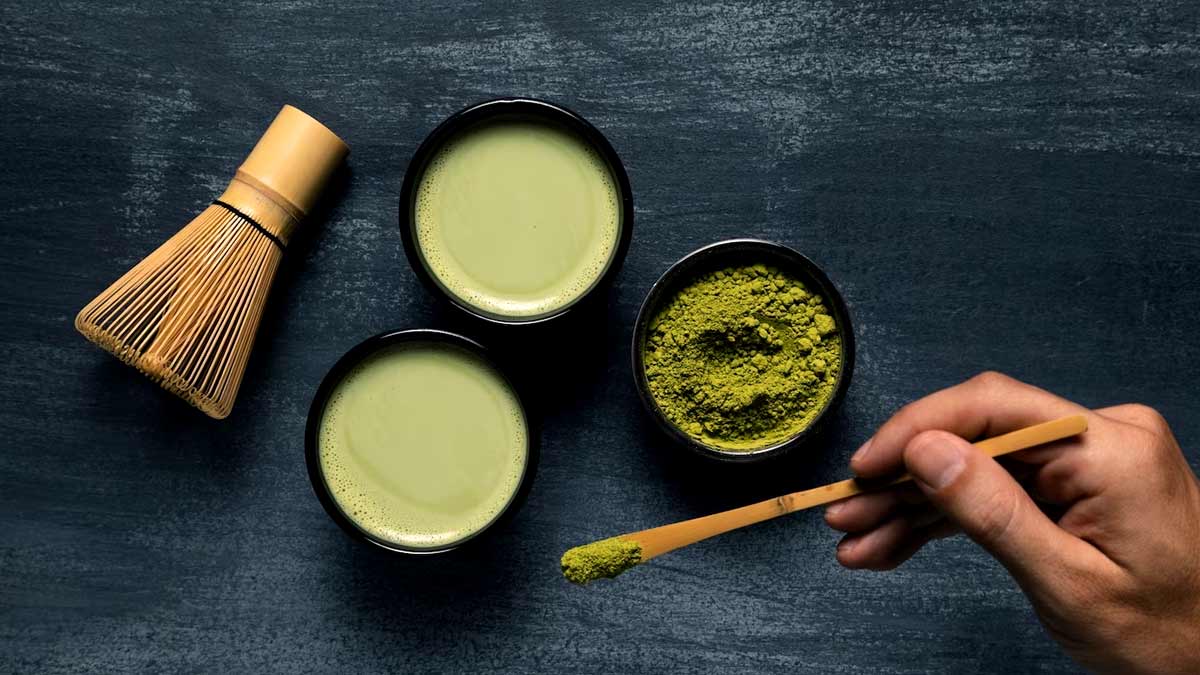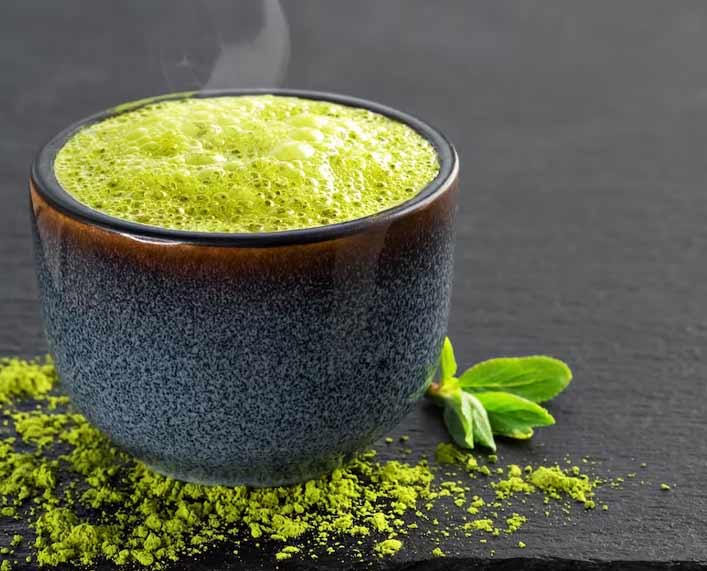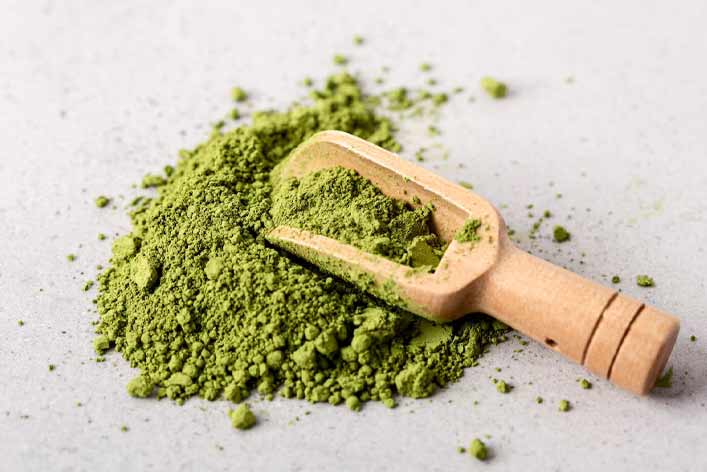
Matcha tea was all the rage in 2019 when claims of its health benefits were rampant in the celebrity world. However, since then, this vibrant drink made from processed green tea leaves has been out of the headlines. However, matcha tea is more than a trend and deserves your attention.
Table of Content:-
As per a study published by Molecular Diversity Preservation International (MDPI), this Japanese green tea contains high amounts of antioxidants and works wonders in reducing inflammation within the body.
The Immunity-Boosting Power of Matcha

Over the last few years, matcha tea has emerged as a promising ally for your immunity, as it is packed with the following compounds that can help enhance your body's defence mechanisms:
- Antioxidants: Matcha is loaded with catechins, a type of antioxidant known for their immune-boosting properties. These antioxidants help combat harmful free radicals that can weaken your immune system.
- L-Theanine: Matcha contains L-theanine, an amino acid that promotes relaxation by bringing down stress-causing hormones, without causing drowsiness. Everyone knows the detrimental effect that high stress can have on the immune system, a phenomenon that can be combatted by regular consumption of matcha tea.
- Vitamin C: Matcha is a good source of vitamin C, which supports the production and function of immune cells, such as white blood cells. Health experts have long recommended Vitamin C sources like lemon and citrus to build the defence mechanism of your body from within. Drinking matcha regularly can help you achieve this as well.
Also Read: 7 Incredible Health Benefits Of Drinking Matcha Tea
Cholesterol Reduction with Matcha
A powered-up immune system can definitely protect you against infectious diseases, but protecting yourself against non-communicable diseases like heart issues is another ball game. One key player that can devastate your heart is high cholesterol. Consuming matcha on a regular basis can help you manage your cholesterol levels through the following mechanisms:
- High Fibre Content: Matcha tea contains dietary fibre that can help reduce the absorption of cholesterol in your digestive system.
- EGCG: Epigallocatechin gallate (EGCG), a type of catechin found in matcha, has been linked to lower levels of bad cholesterol in some studies.
- Weight Management: Matcha may support weight management, which, in turn, can have a positive impact on cholesterol levels.
Also Read: Deliciously New and Different Ways to Use Matcha
How To Include Matcha into Your Routine

Matcha powder is easily available online or in select stores that keep gourmet products. A simple Google search can easily give you access to this green tea powder. Now that you know the health benefits of matcha tea, here is a list of interesting ideas through which you can indulge in the aromatic goodness of this Japanese remedy:
- Traditional Matcha Tea: You can enjoy the earthy flavour and health benefits of matcha tea by simply whisking matcha powder with hot water to make a traditional tea.
- Matcha Lattes: You can also add steamed milk and a touch of sweetener of your choice to your matcha tea.
- Smoothies: You can blend a spoon of matcha powder into your morning smoothie for an energising and nutritious start to the day.
- Baking: You can also experiment with matcha in your baking recipes, such as muffins, cookies, or energy bars, and give a tempting hue to your baked goods.
The MDPI study also highlighted that regularly consuming matcha tea supports your body’s efforts to maintain health and prevent disease. This versatile ingredient will be an excellent addition to your daily beverage intake, and on top of that, it is also very tasty. So what more do you need to be convinced to give this Japanese wonder a try?
Also watch this video
How we keep this article up to date:
We work with experts and keep a close eye on the latest in health and wellness. Whenever there is a new research or helpful information, we update our articles with accurate and useful advice.
Current Version